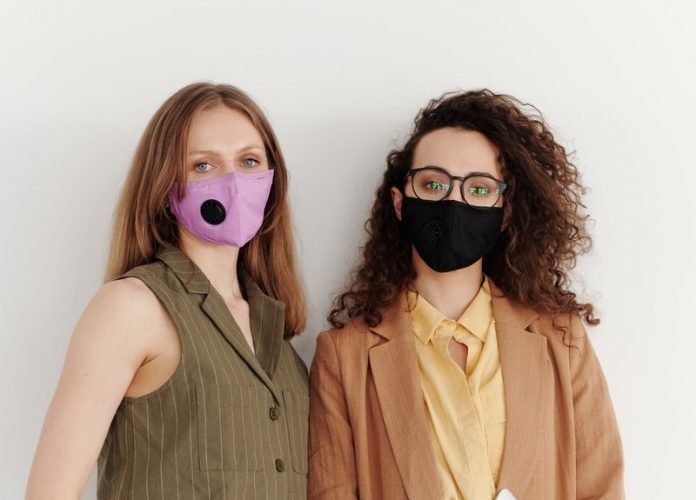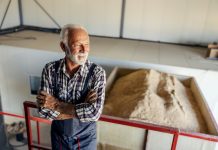
In a new study, researchers found that face masks mandates have led people to spend less time at home, but whether this has exposed Americans to more risk is still a question.
The research was conducted by a team at Yale University and elsewhere.
In the study, the team used anonymized location data from smart devices to examine changes in the behavior of residents two weeks before and two weeks after mask mandates were implemented in regions of the United States.
They found that residents spent between 11-24 more minutes outside their homes after a facemask mandate was issued, even as COVID-19 rates were rising in the U.S.
They increased trips to a variety of places—most often restaurants and other eateries, and to recreational locations including parks.
These were likely trips that were not made before the mask mandate.
When everyone was expected to wear a mask, people perceived a lower risk associated with leaving home and visiting public locations.
Whether this increased or reduced infection is an open question, both are possible, the team says.
Central to the study is the question, mask effective enough to offset the risks of exposure people encounter by increasing time outside of their homes.
The answer depends upon the relative effectiveness of masks, proper usage, and other behaviors.
Cases of COVID-19 increased in some states and decreased in other states despite mask orders, the study noted.
The team says a lot of people felt like the mask was a form of protection for them. So, the question was were the masks good enough to actually justify this behavioral shift.
It’s important to examine how the wide range of non-pharmaceutical interventions interact and prompt other behavioral effects that could worsen the risks of contracting COVID-19.
One author of the study is Yale School of the Environment Professor Eli Fenichel, Youpei Yan.
The study is published in Scientific Reports.
Copyright © 2021 Knowridge Science Report. All rights reserved.



